Google Chrome
Introduction
Google Chrome is a cross-platform web browser developed by Google Inc.. It was first released in 2008 for Microsoft Windows, and was later ported to Linux, macOS, iOS, and Android. Chrome is also the main component of Chrome OS, where it serves as the platform for web applications.[1]
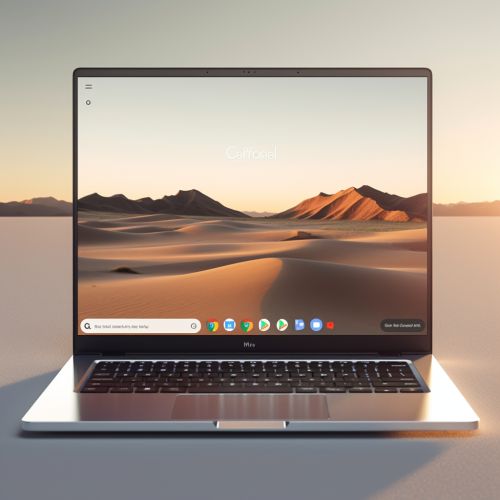

History
The development of Google Chrome was influenced by existing browser projects such as Firefox and Opera, and was initially announced by Google on September 1, 2008, in a blog post. The browser was first released publicly on September 2, 2008, as a beta version for Windows XP.[2]

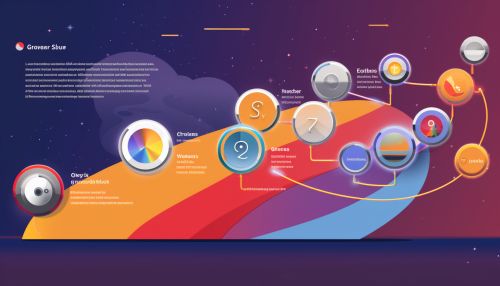
Features
Google Chrome features a minimalist user interface, with its design principles later being implemented into other browsers. For example, the merging of the address bar and search bar into the omnibox.[3] Chrome also introduced the concept of sandboxing, where each tab operates as a separate process to improve stability and security.[4]
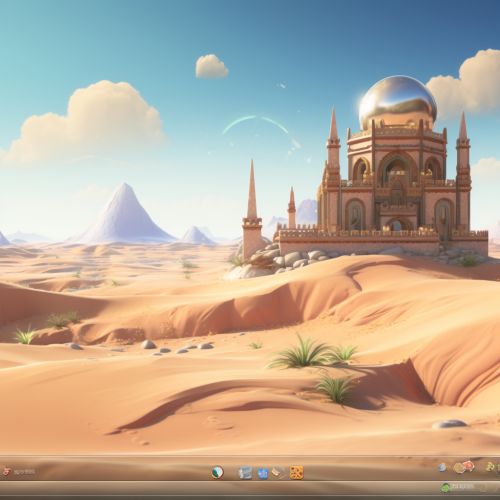

As of 2021, Google Chrome holds a dominating market share among web browsers, with over 60% of the worldwide browser market.[5] This dominance is attributed to Chrome's speed, security, and sync capabilities, as well as its wide range of extensions.[6]

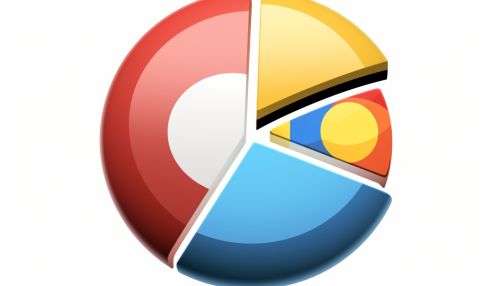
Criticisms and Controversies
Despite its popularity, Google Chrome has faced criticism for issues such as privacy concerns and usage of system resources. Critics argue that Chrome's privacy settings are less user-friendly and that it allows Google to track users' web activity.[7] Additionally, Chrome is known to consume more system resources compared to other browsers, which can lead to performance issues on systems with limited resources.[8]
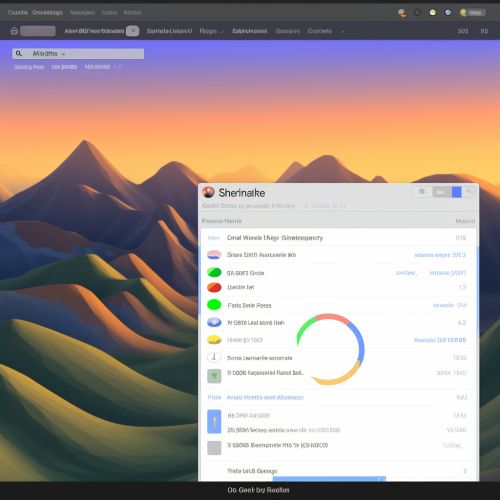
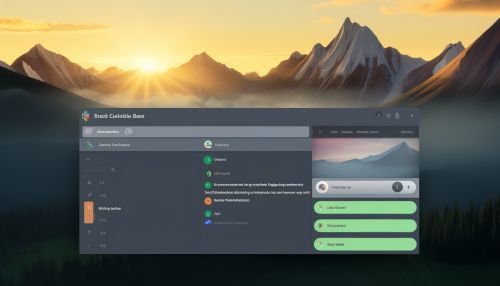
See Also
References
- ↑ https://www.google.com/intl/en/chrome/
- ↑ https://blog.google/products/chrome/browsers-chrome/
- ↑ https://www.computerworld.com/article/2480690/google-chrome-omnibox.html
- ↑ https://www.chromium.org/developers/design-documents/sandbox
- ↑ https://gs.statcounter.com/browser-market-share
- ↑ https://www.zdnet.com/article/why-google-chrome-is-so-popular/
- ↑ https://www.wired.com/story/google-chrome-privacy-safari-firefox/
- ↑ https://www.businessinsider.com/why-google-chrome-uses-so-much-ram-2018-7
